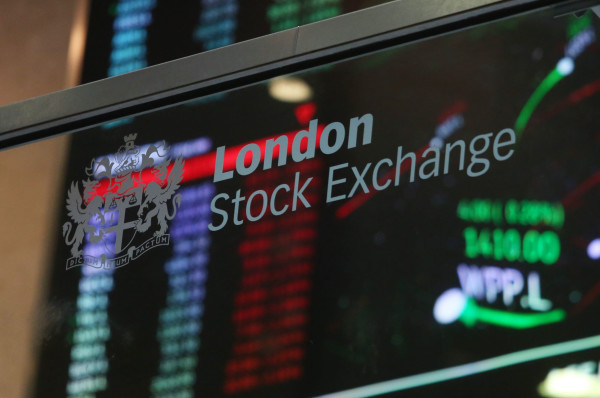

The coronavirus crisis continues to throw up more questions than answers.
In this article I address a series of questions that both advisers and investors have been grappling with as the pandemic continues to unfold, ranging from where we see value, to which market is best positioned to rebound.
Which equity markets offer the best value to investors?
To answer this question, we ask you to cast your minds back to (dare I say) the EU referendum.
Nearly four years have passed since the day of the vote back in June 2016, and this period has been overshadowed by uncertainty.

There is no doubt Brexit uncertainty interrupted the level of investment into the UK, and it was not until the most recent general election that we have had any real idea around how and when the UK would be leaving the EU.
During this period, some managers maintained an underweight position to the UK.
Indeed, since the Brexit referendum to the end of 2019, the UK market (FTSE 100) was up just 22.9 per cent compared with the US market (S&P 500), up 58.6 per cent over the same period (source: Morningstar).
However, immediately pre-pandemic some people allowed themselves greater optimism on the UK outlook, which by that point looked relatively undervalued, and as Prime Minister Boris Johnson would put it, there was the chance to ‘unleash Britain’s potential’.
The pandemic has not changed my opinion on the UK market relative to the rest of the world, and I feel the investment case has been strengthened further due to coronavirus-driven sell-offs, which have presented opportunities to enter the market at significant discounts.
Have we seen the real fall, or was mid-March just a preview?
This is still somewhat of a crystal ball question.
However, there is no doubt that much of the panic selling seen throughout February and March was irrational.
Markets have steadied over the past few weeks as investors have had time to take a breath and reassess the longer-term impact the virus is likely to have on markets.
For the time being markets have looked past much of the negative news (such as the unemployment figures, the International Monetary Fund’s global GDP prediction of -4 per cent for 2020, and the first negative quarter of growth in China since records began); rather focusing on the announcements on imposed lockdowns and when these might be lifted.
This indicates that many feel the recovery will begin as soon as some sort of normality resumes.
In recent weeks there have been positive signs that the contagion is slowing and, in many areas, is now under control. Indications of relaxing certain lockdown restrictions have certainly allowed markets to rally.
We expect more positive lockdown news to provide further support to markets.
One thing for sure is volatility will remain at elevated levels in the short to medium term as there are still many known and unknown obstacles to overcome before normal service can resume.
Which countries look best prepared to weather the economic shock?
No country has been immune to the economic shock caused by the virus.
I would place more importance on the medical policy response and financial support packages that have been announced by central banks and governments, rather than the economic strength of any particular region pre-crisis.
For example, the UK’s measure to introduce a furlough scheme allows British businesses to retain their employees.
No other governments have provided such substantive support, which means when we can eventually return to work, a larger proportion of the UK’s workforce will have jobs to return to.
This will give the UK economy more of a kickstart than economies where a greater proportion of the workforce has experienced redundancy, reducing their propensity to consume.
Are British businesses strong enough to cope with the economic impact?
We recently conducted a piece of research to determine the financial strength of FTSE 100 companies using the metric ‘average days cash in hand’.
This metric gives an indication of the length of time a company can continue to cover its operating costs without any future revenue.
Our research showed this figure to be at 618 days.
In other words, FTSE 100 companies could cover costs for approximately 20 months using their cash reserves alone.
From an investment perspective, we can draw the following conclusions from this:
- In general, the UK’s largest companies are in good shape to weather the economic storm.
- Good companies do not become bad companies overnight.
- Investors now have the opportunity to buy into markets at significant discounts.
Which sectors look better positioned to capitalise on a rebound?
One of the sectors I feel will be a long-term winner is technology.
In the past we have been cautious of technology on the basis valuations had been at record highs.
However, the recent surge in demand for virtual communication, on-demand TV subscriptions, and online platforms that allow consumers to continue to purchase their everyday consumables, combined with the opportunity to buy into technology at much more attractive levels, means from an investment perspective tech is now on our radar.
To conclude, my view is that the UK market is still relatively undervalued when compared with other developed markets.
The UK government’s delivery of support is likely to be more impactful than measures we have seen elsewhere. Panic-selling of shares has calmed for the time being, but elevated levels of volatility will remain for the foreseeable future.
There are still great investment opportunities, but now more than ever, selectivity will be vital.
Charles Incledon is client director at Bowmore Asset Management




